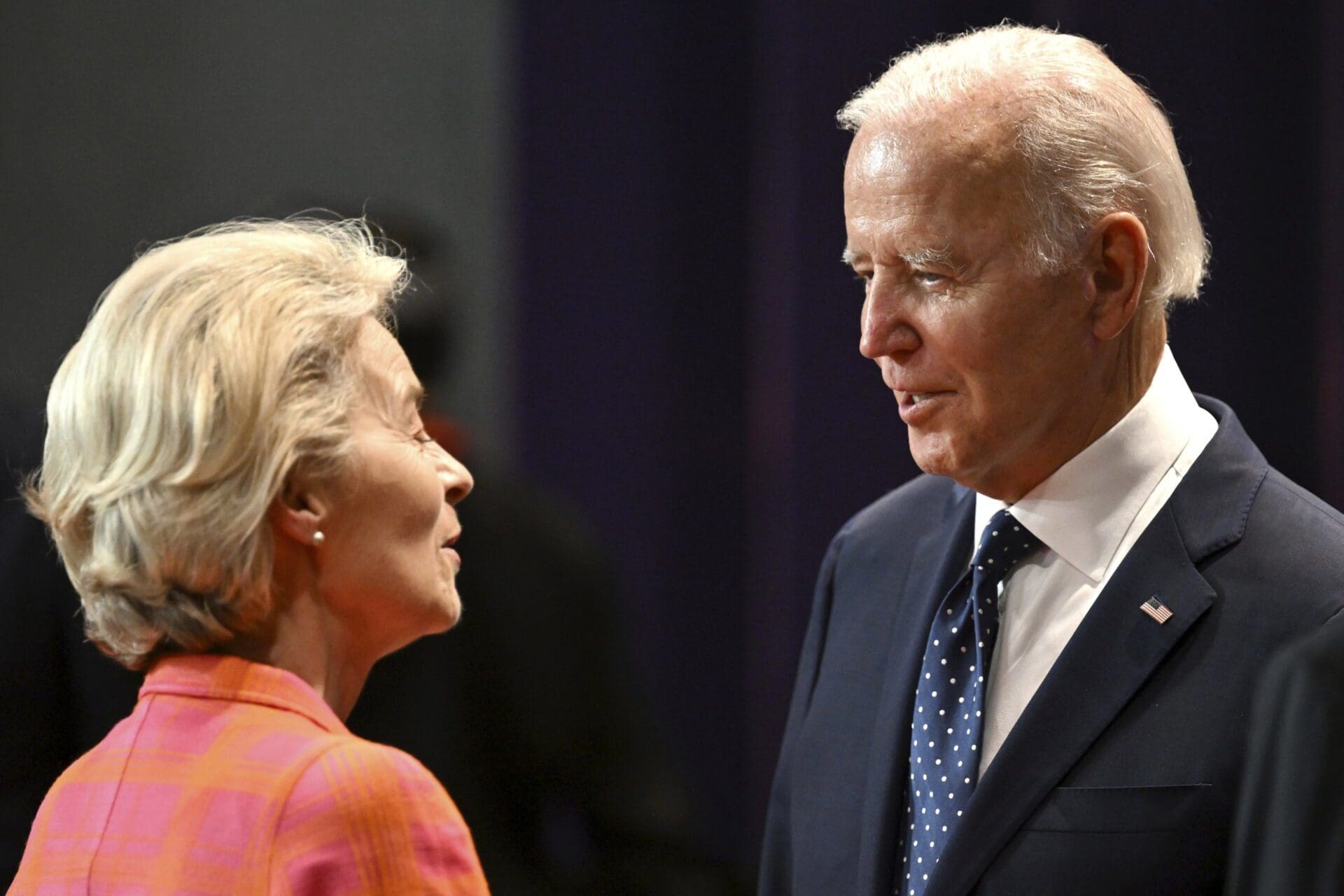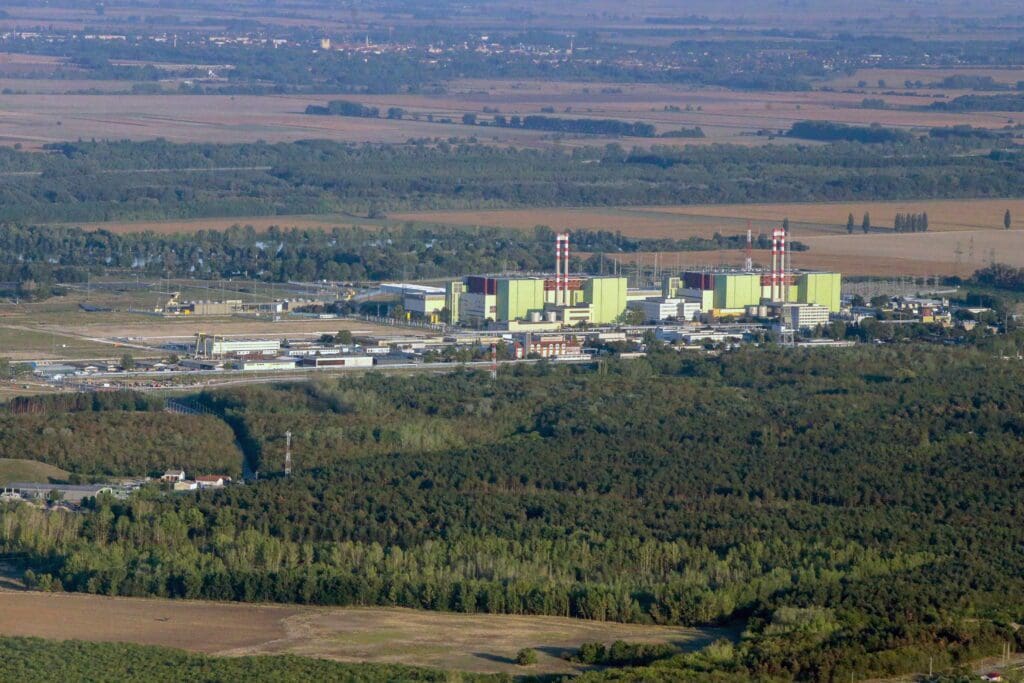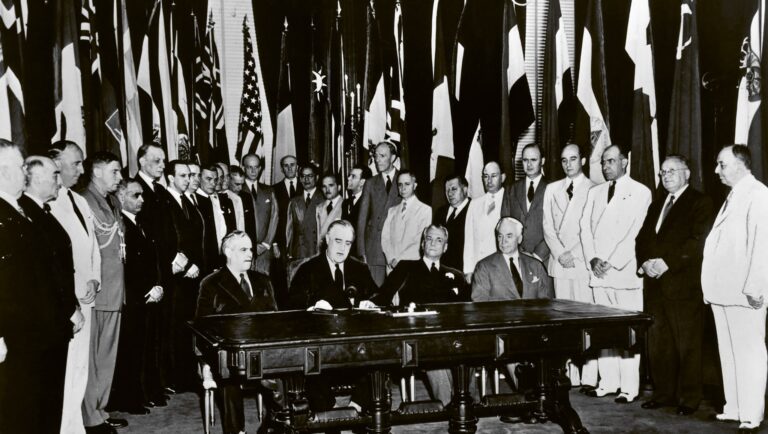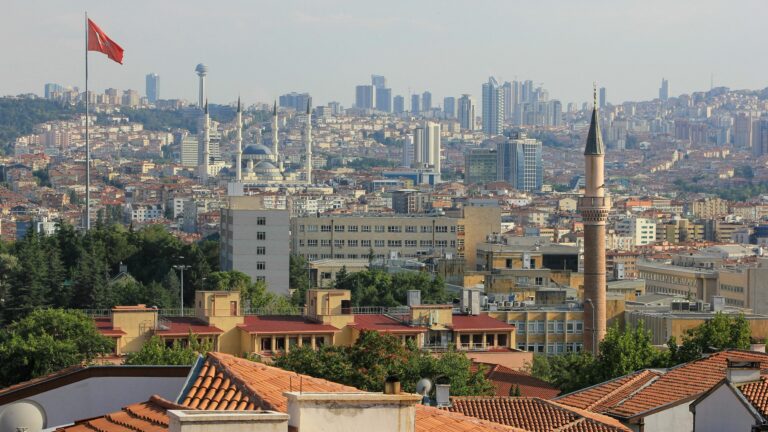According to POLITICO, our European allies have finally realized that the United States is profiting from both gas and weapons sales on a large scale. However, we cannot speak of decisive action for the time being.
‘Nine months after attacking Ukraine, Vladimir Putin is starting to divide the West,’ a sad POLITICO noted. Citing EU bureaucrats and Member State politicians, the media outlet, embedded as deeply as possible in the institutions of the European Union, is the primary beneficiary of Brussels leaks and may be considered the EU’s foreign policy bulletin, presents in a recent scathing article how the United States is robbing Europe.
‘The fact is, if you look at it soberly,
the country that is profiting the most from this war is the United States,
because they are selling more gas and at higher prices, and because they are selling more weapons,’ an EU bureaucrat wishing to remain anonymous told POLITICO. ‘America needs to realize that public opinion is shifting in many EU countries,’ the source added.
Brussels’ Awakening
It is not that the brutal price of American gas and the profit of arms manufacturers can be considered as a radically new development, only it was not appropriate to talk about them so far. However, everything has changed since the US passed the gigantic American Inflation Reduction Act (IRA) in August to solve its own inflationary crisis, which is solely due to the free COVID-19 money and is not particularly significant compared to that of Europe. Under the IRA, tremendous amounts of state subsidies were provided for the purchase of American-made electric vehicles—and this set off the alarm bells in Brussels. ‘Despite the energy disagreements, it wasn’t until Washington announced a $369 billion industrial subsidy scheme to support green industries under the Inflation Reduction Act that Brussels went into full-blown panic mode,’ POLITICO wrote.
Besides, energy-intensive industries are starting to migrate to America because of the much cheaper gas and electricity available there—POLITICO cited Belgian chemical giant Solvay as an example, which recently announced that it would no longer make any investments in Europe and would take all its production to America. Of course, the US would definitely take advantage of this process with the IRA by putting European electric car manufacturers at a disadvantage
and motivating them to move to America.
This is such an overt attack on Europe that even the mainstream could not fail to notice it—the POLITICO article also mentions it several times, while it barely touches on the subject of gas. ‘Trade disruption from U.S. subsidies and high energy prices risks turning public opinion against both the war effort and the transatlantic alliance,’ the newspaper nailed down, quoting Josep Borrell, High Representative of the European Union for Foreign Affairs and Security Policy: ‘Americans — our friends — take decisions which have an economic impact on us.’
Dutch Minister for Foreign Trade Liesje Schreinemacher have put it somewhat more sharply and said that ‘the Inflation Reduction Act is very worrying’ and ‘its potential impact on the European economy is very big’.
Putin’s Gas Prices Are Good for America
According to POLITICO, the United States does not take European concerns seriously at all. A spokesman for the American National Security Council (NSC) explained to the news website that the rise in European gas prices is only caused by Putin’s attack on Ukraine and his energy war against Europe. In contrast, American gas only helped the energy separation from Russia. (Formally, if we put aside the upward pressure on prices of sanctions and the threats of sanctions, this could even mean that Russia really manipulates the Dutch TTF Natural Gas Futures Price by using flimsy pretexts to curb gas deliveries. At the same time,
the US is not at all obliged to deliver gas at the prices raised by Putin and the sanctions,
as it is also possible to enter price-maximized contracts on a TTF basis, possibly providing a discount compared to the changing stock market prices.)
POLITICO noted that ‘the price Europeans pay is almost four times as high as the same fuel costs in America’, and it also quotes French President Emmanuel Macron, who called high American gas prices unfriendly, and Robert Habeck, Germany’s Federal Minister for Economic Affairs, who asked for more solidarity from Washington in reducing energy prices. Thierry Breton, French Commissioner for the Internal Market, said in a TV broadcast on Wednesday that ‘The United States sells us its gas with a multiplier effect of four when it crosses the Atlantic’. He also noted that ‘Of course the Americans are our allies…but when something goes wrong it is necessary also between allies to say it.’
According to the article, although European leaders raised the issue of high gas prices to Joe Biden at the G20 summit in Bali,
the 80-year-old American President ‘did not seem to be aware of the problem.
So, the US President, by every indication, does not know how the European gas exchange works—or he unabashedly lied to his European partners, who believed him. However, other EU bureaucrats and diplomats also confirmed to POLITICO that ‘American ignorance of the consequences for Europe was a major problem’.
Dissension Is Only Good for Russia — But There Is a Solution
‘Officials on both sides of the Atlantic recognize the risks that the increasingly toxic atmosphere will have for the Western alliance. The bickering is exactly what Putin would wish for,’ POLITICO opined.
Fortunately, the witch’s kitchen in Brussels at least proposed a solution to its transatlantic allies via POLITICO. An EU diplomat told the news website that ‘the money they [the Americans] are making on weapons‘ could help them understand that making ‘all this cash on gas’ might be ‘a bit too much’. The diplomat also suggested to the newspaper that
the conflict between the allies could possibly be resolved by a gas price discount,
which could ‘keep united our public opinions’. ‘It’s not good, in terms of optics, to give the impression that your best ally is actually making huge profits out of your troubles,’ the diplomat added.
Click here to read the original article








